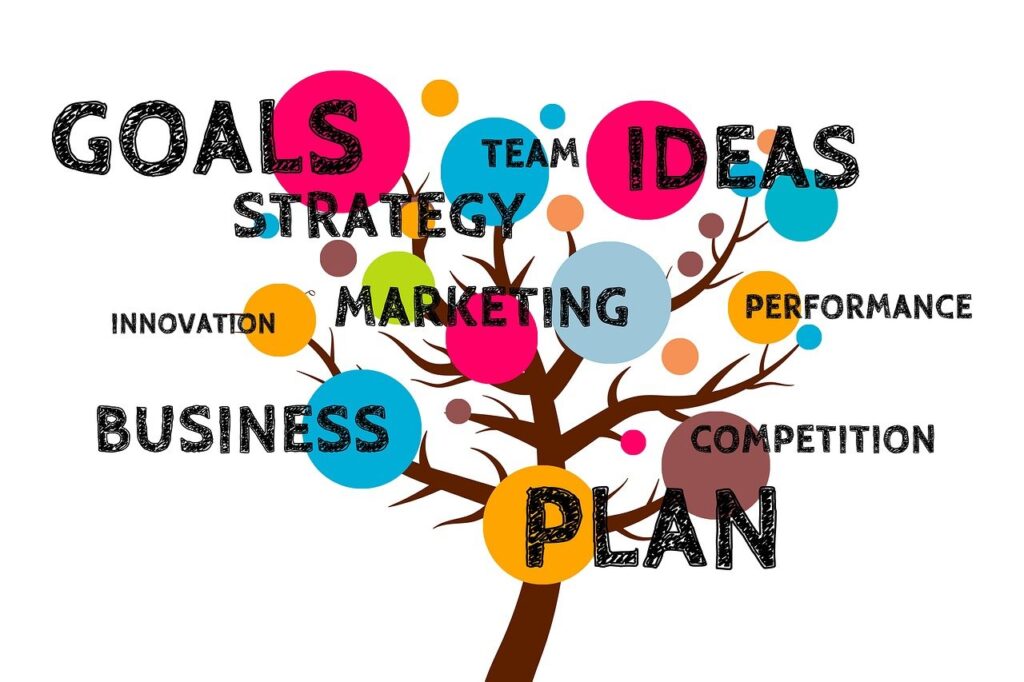
Photo by Lakshya Lamba on <a href="https://www.pexels.com/photo/kids-eating-vegetables-10689647/" rel="nofollow">Pexels.com</a>
Education is the backbone of any society, and India, being a diverse and vibrant nation, places immense importance on learning. However, in recent times, there has been a growing realization that our education system needs a significant overhaul to meet the challenges of the modern world. In this article, we will explore why change is essential and how we can bring about meaningful reforms to ensure a brighter future for our students.
The Current State of Education in India
India boasts a vast education system, with countless schools and institutions spread across the country. While the quantity is impressive, the quality often leaves much to be desired. The traditional rote-learning approach and an overemphasis on theoretical knowledge have limited our students’ ability to think critically and creatively.
The Challenges Faced by Our Education System

Several issues plague our education system, hindering its effectiveness in preparing our youth for the future:
Outdated Curriculum
Our curriculum often lags behind the rapidly changing world. It’s crucial to update it regularly to include contemporary subjects and practical skills that will be valuable in the real world.
Lack of Practical Education
Theoretical knowledge alone is insufficient. Our students need practical experiences to develop problem-solving skills and a deeper understanding of the subjects.
Inadequate Infrastructure
Many educational institutions suffer from a lack of proper infrastructure, which negatively impacts the learning experience. Proper classrooms, libraries, and laboratories are essential for holistic development.
Educational Disparities
Disparities in educational opportunities between urban and rural areas persist. We need to ensure that every child, regardless of location, has access to quality education.
High-Stress Levels
Our education system’s intense focus on academic achievements often leads to high-stress levels among students. We must find a balance that encourages learning without overwhelming them.
Why Education Reform is Imperative

Education reform is not just a buzzword; it is a necessity for India’s progress. Here are some compelling reasons why we need to embrace change:
Equipping Students for the Future
The world is evolving rapidly, and our students need skills that will make them adaptable and employable in the future job market. Reforming education will ensure that our youth are better prepared for the challenges that lie ahead.
Fostering Creativity and Critical Thinking
Innovation is the key to progress, and that can only come with creativity and critical thinking. Education reform will encourage students to think outside the box and find solutions to real-world problems.
Addressing Skill Gaps
Academic knowledge is essential, but practical skills are equally crucial. By bridging the gap between theoretical learning and practical application, we can create a more skilled workforce.
Promoting Inclusivity
Education should be a level playing field for all. Reforms will focus on making education more inclusive and accessible, irrespective of socio-economic backgrounds.
Reducing Dropout Rates
A reformed education system will be more engaging and relevant to students, reducing the number of dropouts and encouraging them to complete their education.
Key Areas for Education Reform

To achieve meaningful change, we need to concentrate on several key areas:
Curriculum Revamp
An updated curriculum that includes relevant subjects and promotes critical thinking will lay the foundation for a better education system.
Emphasizing Skill Development
Skills like communication, problem-solving, and digital literacy are vital for our students’ success in the modern world.
Teacher Training and Development
Teachers are the backbone of education. Investing in their training and professional development will lead to a more effective teaching environment.
Technology Integration
Technology can revolutionize education by making learning more interactive and accessible to all.
Focus on Well-Being and Mental Health
The mental health of our students should be a priority. Incorporating well-being programs in education will create a positive and nurturing environment.
Learning from Successful Education Models

While we strive for change, we can learn from successful education models in other countries:
Finland’s Student-Centered Approach
Finland’s education system focuses on the needs of individual students, encouraging personalized learning and creativity.
Singapore’s Emphasis on Rigor and Parental Involvement
Singapore’s educational success is attributed to rigorous standards and strong parental engagement in their child’s learning journey.
South Korea’s Commitment to Education
South Korea’s dedication to education and respect for teachers has resulted in high academic achievements.
Involvement of All Stakeholders

Education reform is a collective effort, involving various stakeholders:
Government Initiatives
The government must take the lead in implementing policies that support education reform and allocate adequate resources.
Role of Teachers and Educators
Teachers play a crucial role in shaping young minds. Empowering them with the right tools and support will enhance the quality of education.
Parental Support and Engagement
Parents’ involvement in their child’s education is vital for their academic and personal growth.
Corporate Partnerships
Collaboration with the corporate sector can provide valuable insights and opportunities for skill-based training and internships.
Community Participation
Communities can contribute by offering resources, mentorship, and support to educational institutions.
Overcoming Challenges and Embracing Change

The path to education reform won’t be without obstacles:
Addressing Socioeconomic Disparities
Efforts must be made to ensure that education reaches every nook and corner of society, regardless of economic backgrounds.
Managing Opposition to Reform
Change can be met with resistance, but effective communication and awareness can help address concerns and garner support.
Gradual Implementation Strategies
Reforms should be introduced gradually, allowing stakeholders to adapt at a sustainable pace.
My purpose of writing this article is to spread the need for change in India’s education system is undeniable. By focusing on modernizing the curriculum, fostering creativity and critical thinking, addressing skill gaps, and promoting inclusivity, we can create an education system that empowers our students and prepares them for a bright and prosperous future.
FAQs
- Why is education reform necessary in India?
- Education reform is crucial to address the shortcomings of the current system and prepare our youth for the challenges of the future.
- How can technology improve the education system in India?
- Integrating technology in education can make learning more engaging and accessible, revolutionizing the way students learn.
- What are the benefits of promoting creativity in education?
- Promoting creativity nurtures innovation and problem-solving abilities, vital for personal and societal growth.
- How can parental involvement enhance the learning experience?
- Parental involvement creates a supportive environment for students and positively impacts their academic achievements.
- What can individuals do to support education reform in India?
- Individuals can support education reform by advocating for change, getting involved in educational initiatives, and engaging with educational institutions.



















